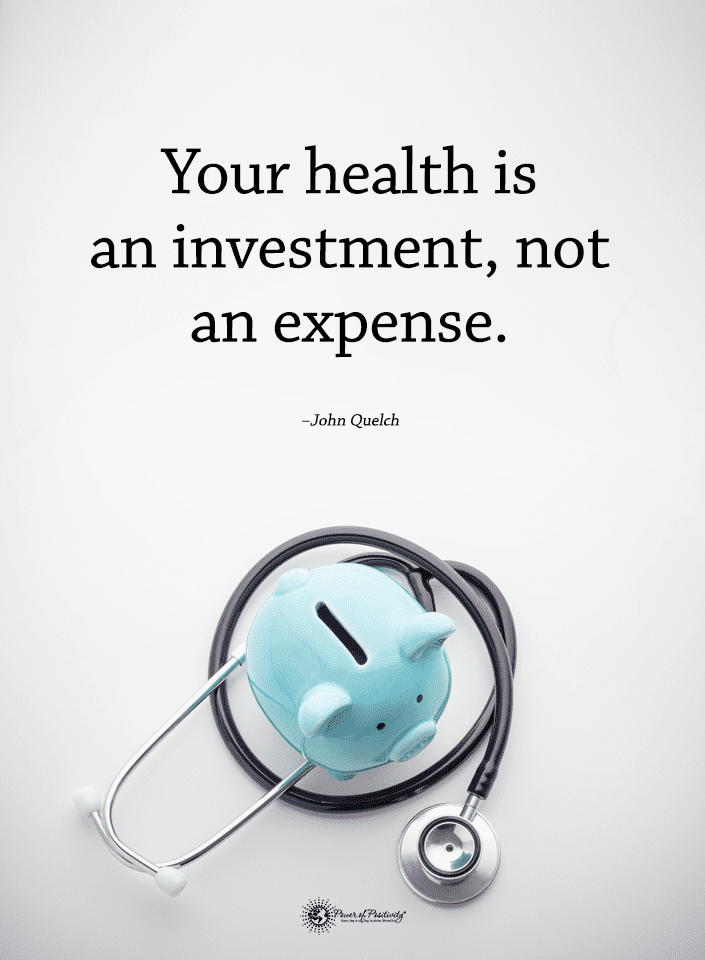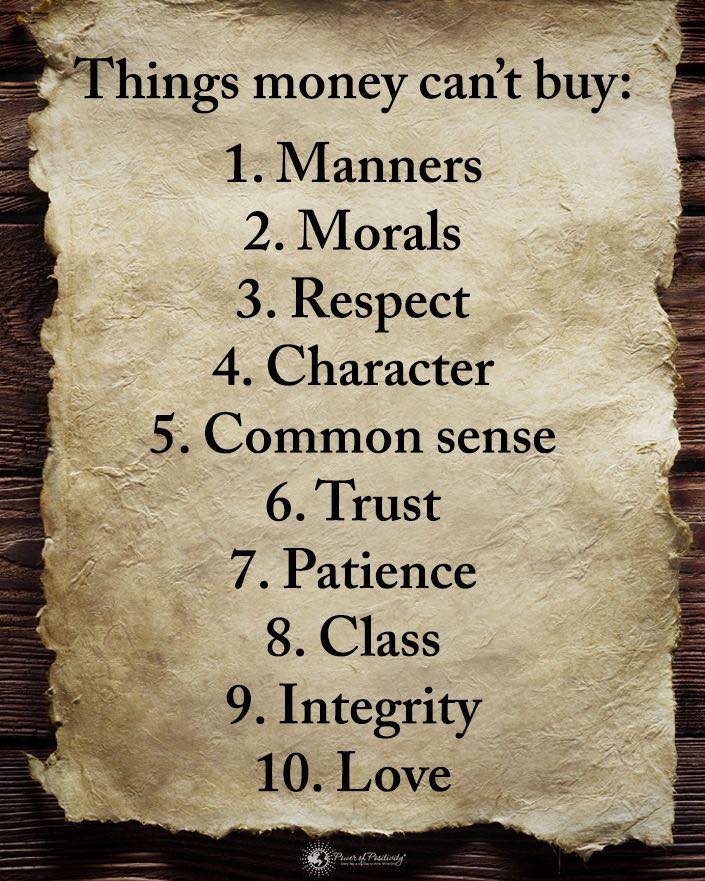The “common cold” – that doesn’t sound so bad. But for such an innocuous-sounding illness, a common cold can make your life miserable. In no scenario is this sentiment truer than when a person doesn’t take heed to essential, commonsense health advice. Or when they try to carry on per usual – as if they don’t have a virus. Yeah, that never works.
While not quite to the degree of influenza (“the flu”), a cold virus can still limit your ability to function. Colds are especially brutal as an adult, aren’t they? Think back to childhood. At least as a kid, you got a bit of sympathy and maybe even a hot bowl of chicken soup. Fast-forward to adulthood, and you can forget it.
People are also massively undereducated about the seriousness of the cold virus. This lack of knowledge is quite disconcerting, especially when you consider that just about everyone on the planet has been put down by a cold spell. In no arena is this ignorance more apparent than in the typical workplace. Consider the following exchange between a minion and his boss:
You: “Hey, Boss. I won’t be in today. Got a nasty cold.”
Boss: “A cold? Really?”
You: “Uh *cough* yeah *sneeze* *hack*…”
Boss: “Well…okay…will you be in tomorrow?”
You: “Uh, *sneeze* *hack* most colds last a few days *sniff sniff*. I’ll try my best.”
Boss: “Okay…see you.”
You: “Thanks for not understanding *blows nose into receiver*…”
Boss: “What?”
*Click*
Does that sound like a familiar conversation you have had with an employer?
The Common Cold Virus
The oft-used medical term for the cold is the common cold – and common they are indeed. In the U.S. alone, there are an estimated one billion cold cases every year. Yes, you read that right. Yes, the U.S. population is just over 330 million. How is this possible? Many of us have to contend with multiple bouts of cold, of course.
In this article, we will get into a somewhat disregarded yet vital, aspect of common cold (and flu) treatment: diet. Contrary to what the Big Pharma peddlers on T.V. would have you believe, there’s more to treating a common cold (or flu) than downing tiny cups of goodnight juice.
Let’s set the stage by first discussing the differences between the cold and flu and the importance of diet during times of illness. Keep reading to find the list of six foods you should never eat when sick with the common cold – followed up by those foods you should eat instead.
The Differences Between Cold and Flu
When sick, it can sometimes be hard to tell if you’re dealing with a common cold or the flu. As mentioned, the flu is classically more symptomatically severe. When your cold is of the nastier variety, those two illnesses can be mistaken – at least during the onset phase of the illness.
Here is a quick comparison highlighting the differences between the most commonly reported symptoms of cold and flu:
| Signs and Symptoms | Cold | Flu |
| Symptom onset | Gradual | Sudden |
| Symptom duration | Primary symptoms: 7 days
Residual symptoms: Rare |
Primary symptoms: 2-3 days
Residual symptoms (Dry cough, fatigue, weakness): 3-7 days
|
| Fever | Rare | Common |
| Aches – Body and Head | Rare | Common |
| Chills | Occasionally | Common |
| Difficulty breathing | Rare | Common |
| Fatigue and weakness | Occasionally | Common |
| Chest congestion, cough | Moderate to severe | Mild to moderate |
| Sneezing | Common | Rare |
| Stuffy or runny nose | Common | Occasionally |
| Sore throat | Common | Occasionally |
Source: The Centers for Disease Control and Prevention
As you can interpret from the above chart, there exist obvious symptomatic differences between the two illnesses, including onset and duration. Cold symptoms overwhelmingly target the sinuses, whereas flu symptoms tend to spread throughout the body. As you can see from the bold text, a handful of symptoms – fever, body and headaches, and difficulty breathing – usually only appear when the flu is present.
Cold and flu symptoms rarely overlap, but it does happen. In such a case, consider the sign(s) that are most severe and prevalent. Discerning the presence of a cold or flu virus is very helpful in determining a course of treatment. More about this last one later.
6 Foods to Never Eat (and what to eat instead!)
Without further delay, here are the six foods you’d be better off avoiding when the cold fairy pays a visit:
1 – Alcohol
Okay, so this first item isn’t a food. But it is nonetheless vital that one avoid imbibing while sick with the cold – or sick with anything, really. First, alcohol suppresses the immune system – and it does so when the immune apparatus is in an active state. When this happens, your symptoms may become more severe, longer in duration, or both. Second, alcohol is a dehydrator. Retaining fluids during times of illness is critical to the recovery process. Any trace of alcohol in your system hampers the ability to acquire and retain fluids.
Replacement: Water and or tea, preferably. Hot drinks such as broth and herbal tea are good for relieving congestion.
2 – Caffeine
Caffeinated beverages like coffee, cola, energy drinks, and some teas should be avoided as they contain caffeine. As with alcohol, caffeine is dehydrating. Caffeine also suppresses the immune system and stresses the endocrine system during a time when doing so can exacerbate the common cold.
Replacement: Water is, of course, the best liquid alternative, particularly if you’ve ingested any amount of caffeine. If you need or want a coffee fix, try drinking a decaffeinated or low-caffeine variety.
3 – Bakery Products
When you have a virus, you’re probably not all that tempted to reach for a sugary, fat-laden doughnut – and that’s a good thing. Bakery products like doughnuts, croissants, and other types of pastries contain refined carbohydrates – including high amounts of sugar – that both trigger inflammation and weaken illness-fighting white blood cells (WBCs). Being sick is one of those times when going light on the day’s meal is okay.
Replacement: Go for a light breakfast with a piece of fruit, preferably citrus (e.g., orange, grapefruit.) Citrus fruits contain high concentrations of vitamin C, which helps kick your immune system into high gear! One caveat: if you’re feeling nauseated, it may be better to lay off the fruits until it settles.
4 – Refined Carbs
Foods like crackers, bread, and pasta contain refined carbohydrates that are quickly converted into sugar. Anything that jacks with your blood sugar should be avoided – at least while sick. Like pastries, anything with refined carbohydrates also raises your inflammation levels.
Replacement: While most medical types will advise against this if you must have a piece of toast or a muffin, try to make it the whole-grain variety. Keep in mind that the abovementioned foods, because of their rough texture, may irritate your throat when swallowed. For this reason, make sure to drink some water, milk, juice, or other cold-approved liquid while eating.
5 – Canned Soups
Mostly, canned foods are packed with sodium, additives, and preservatives. Canned soup is one of the more egregious offenders, as many brands advertise their canned soups as a healthy choice when they are anything but. However, while most canned soups are unhealthy, you can find some decent alternatives. Reduced-sodium varieties of Campbell’s and Progresso chicken noodle soup and a few lesser-known organic chicken soup varieties are palatable and contain a decent amount of nutrition.
Replacement: Go low-sodium canned soup if you must. There are also a few decent, simple homemade chicken soup recipes online.
6 – Other Fatty Foods
At no time are fatty foods healthy, but especially when you’re stricken with a cold virus. The fats in foods like burgers fried chicken, and spike inflammation levels and drain the sick body of the energy necessary to counteract and kill off viral infections. Again, you probably will not feel too included to feast on a bunch of greasy, fat-laden food, but heed this caution nonetheless.
Replacement: Use common sense to decide what foods are serviceable when sick. Low-fat or non-fat foods, along with plenty of vegetables, fruits, and a few whole grains should make up the contents of your diet until the cold passes. And, as always, make sure to drink plenty of water when eating to avoid irritating the throat and digestive tract!
Final Thoughts: Getting Over the Cold Virus
To wrap it up, let’s discuss how to speed up recovery from a cold virus – or at least keep you on “schedule” to feel normal again. Here are a few pieces of advice to follow:
- Stay hydrated: Drink water continuously throughout the day.
- Stay in bed: When you’re not drinking or eating, rest.
- Gargle: Appease your sore throat by gargling with a quarter- to half-teaspoon of salt dissolved in water.
- Combat congestion: Try using over-the-counter drops nasal drops and sprays to clear the airways.
- Relieve pain: If pain is a problem, take OTC medications like antihistamines and pain relievers. Talk to a pharmacist to get the best recommendations here.
Stay healthy!
















 Community
Community

